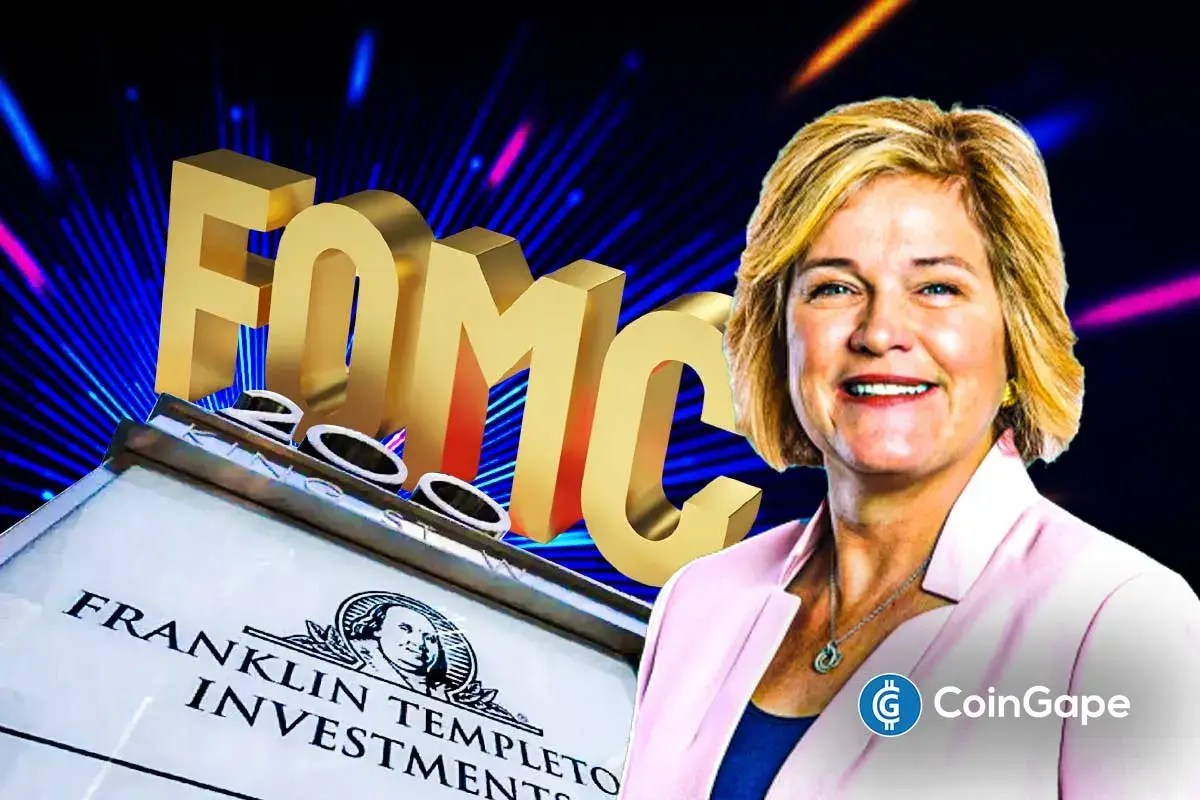The European Union is moving ahead with its plan to stop buying oil and gas from Russia by January 1, 2028, and that deadline is not changing, even with president Donald Trump telling European leaders to cut ties with Moscow now.
On Thursday, Trump told European officials to halt oil purchases from Russia, but didn’t give them a deadline, according to Reuters, which first reported the development from Copenhagen on September 5.
On Friday, Dan Jorgensen, who handles the EU’s energy policies, made it clear in an interview that Washington hasn’t asked him to fast-track the deadline.
“Not only has Putin weaponised energy against us, blackmailed member states, we are actually also indirectly helping finance Putin’s war, and that needs to stop. And if President Trump agrees to that, then that is only a welcome support, because that is certainly our main objective,” Jorgensen said.
Right now, the European Union is finalizing legal rules to formally ban oil and gas imports from Russia within the next three years. These imports have been one of Russia’s biggest cash flows since its full invasion of Ukraine in 2022, and that money has gone straight into funding its war effort.
Hungary and Slovakia resist, want gas and oil to keep flowing
Not every EU country is on board. Hungary and Slovakia are still bringing in about 200,000 to 250,000 barrels of Russian oil every day through the Druzhba pipeline. That’s around 3% of the entire bloc’s oil needs. They’re also buying Russian gas and aren’t happy about Brussels’ timeline, warning that this cut-off could jack up energy prices and trigger shortages in their countries.
Robert Fico, the prime minister of Slovakia, stood his ground during a press conference on Friday after meeting Ukrainian President Volodymyr Zelenskiy. He refused to comment on Trump’s remarks but insisted that “reliable supplies were needed,” pointing out that several European nations are still buying Russian gas and U.S. liquefied natural gas to meet their energy needs.
Jorgensen confirmed that talks are ongoing with both Hungary and Slovakia. However, he said their support isn’t required to push the plan through. “If, for domestic reasons, there are countries that don’t feel that they can support it, then this is not something that demands unanimity,” he said. He didn’t say whether Brussels plans to offer financial support or legal protections to win them over.
The current phase-out proposal doesn’t need unanimous agreement. It just needs a reinforced majority from member states, and EU diplomats expect that group of energy ministers to approve the plan at their next meeting, happening sometime next month.
US and EU to discuss massive gas purchase, Kremlin silent
While all this is going down in Europe, the Kremlin hasn’t responded to Trump’s warning. Meanwhile, Jorgensen is getting ready to meet with U.S. Energy Secretary Chris Wright in Brussels next week.
At the top of the agenda? A massive EU promise to buy $250 billion worth of U.S. energy each year under an ongoing U.S.-EU trade deal.
Plenty of analysts have called that target unrealistic, saying the EU doesn’t have much power over what private energy companies choose to import. Jorgensen didn’t disagree. “It’s clear that our role is to facilitate. The EU is not a gas trader,” he said.
Still, there are talks about ways to make it work. One option on the table is pooling demand, having European companies band together to order gas from the U.S. in bulk. It’s not locked in, but it’s being discussed as a way to help both sides stick to the deal.
While Europe slashes its dependence on Russian oil, gas imports from Russia are still significantly higher. This year, about 13% of the EU’s gas is expected to come from Russia, a drop from 45% before the war began, but still a big number.
Outside of Europe, Washington has started punishing countries that keep buying Russian fuel. India has been hit with new tariffs from the United States for its continued oil imports from Russia, and India fired back by accusing the West of being hypocrites.
Get seen where it counts. Advertise in Cryptopolitan Research and reach crypto’s sharpest investors and builders.
Source: https://www.cryptopolitan.com/eu-sticks-to-ending-russian-oil-imports/


